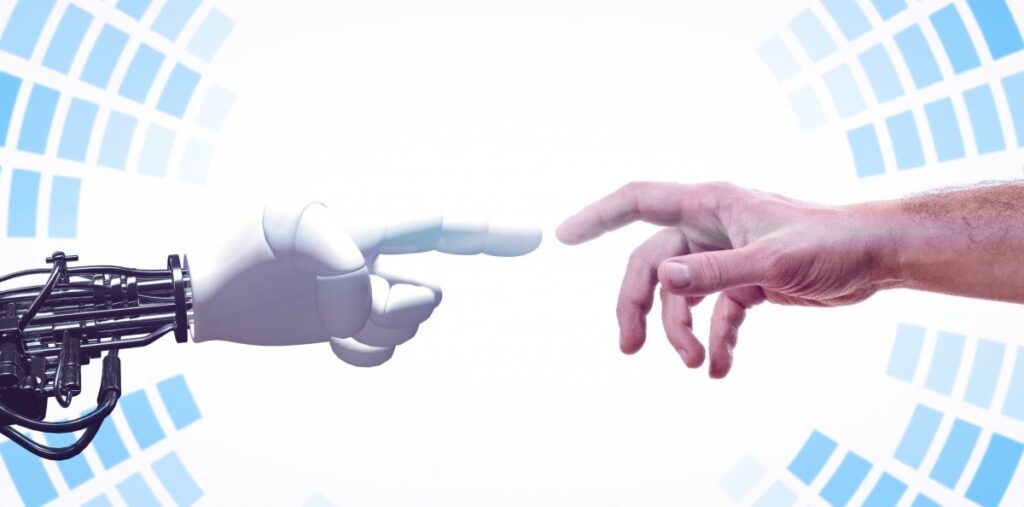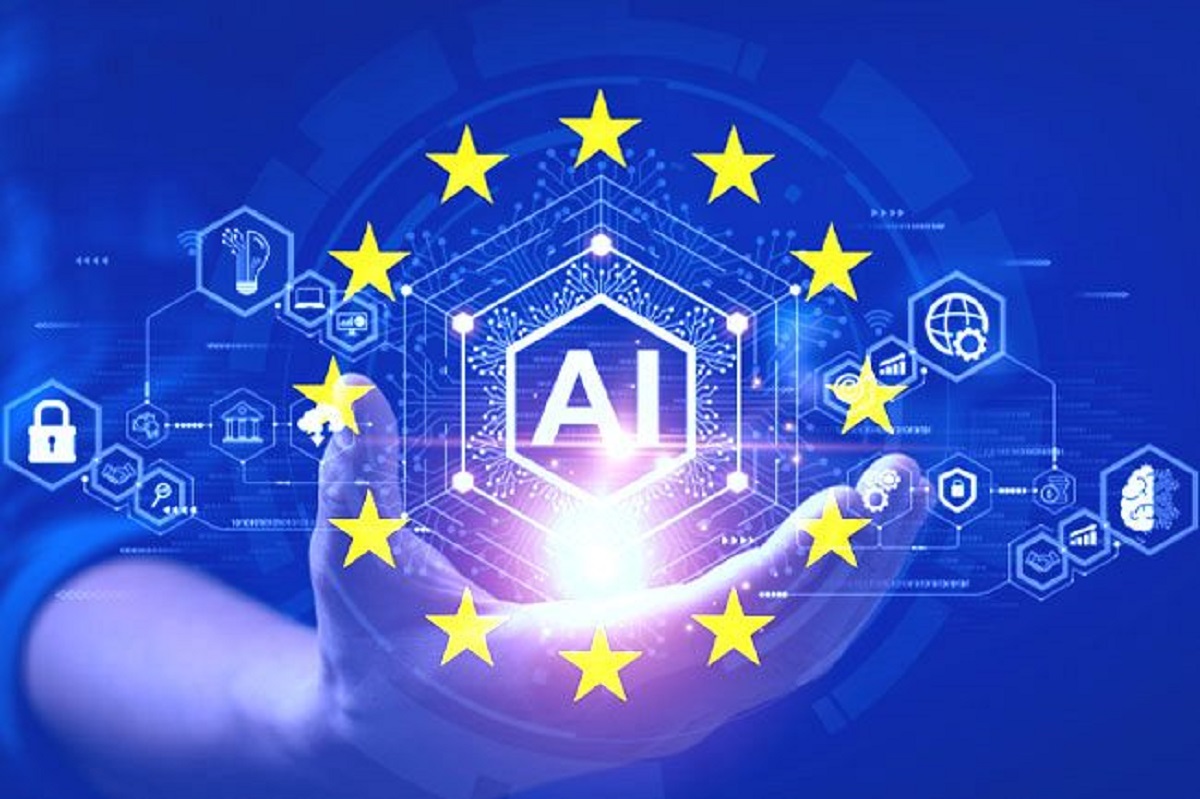The E.U. AI Act represents a pioneering initiative, marking the first-ever legislation explicitly addressing AI. This development comes after years of sustained European endeavors to establish regulatory frameworks for this transformative technology.

In a historic move, the European Union (E.U.) reached a consensus on Friday to implement groundbreaking rules governing artificial intelligence (AI). This marks a significant milestone as the first major regulation to oversee the development and deployment of emerging AI technologies in the Western world.
Throughout the week, key E.U. institutions engaged in intensive negotiations to formulate proposals and secure an agreement on the comprehensive regulation of AI. The discussions delved into critical aspects, including the regulation of generative AI models, which are instrumental in creating tools like ChatGPT, and the utilization of biometric identification tools such as facial recognition and fingerprint scanning.
The European Union (E.U.) has achieved consensus on groundbreaking regulations aimed at governing AI technologies. This development marks a significant step forward in the region’s efforts to establish comprehensive guidelines for AI, encompassing a range of applications, including advanced models like ChatGPT.
A major point of contention centered around the regulation of generative AI models, specifically referred to as “foundation models.” Notably, Germany, France, and Italy advocated for a more lenient approach, preferring self-regulation by the companies behind these models through government-introduced codes of conduct. Their primary concern is the potential stifling effect of excessive regulation on Europe’s ability to compete with tech leaders in China and the United States. Germany and France, home to promising AI startups like DeepL and Mistral AI, underscore the importance of maintaining competitiveness in the global tech landscape.
The cornerstone of this initiative is the E.U. AI Act, a pioneering legislative effort that specifically targets AI. This landmark legislation reflects years of meticulous planning and discussions within the European Union to address the challenges and opportunities posed by the rapid evolution of AI technologies.
Key Objectives
- The primary objectives of the E.U. AI Act are to provide a robust framework for regulating AI applications and systems. Governments within the European Union aim to strike a balance between fostering innovation in AI and ensuring ethical, responsible, and transparent use of these technologies.
- The scope of the regulations extends to various AI applications, and one notable inclusion is the coverage of language models such as ChatGPT. As AI technologies continue to evolve and play an increasingly integral role in various sectors, the regulations aim to set clear boundaries and guidelines to govern their deployment.
- One of the central concerns addressed by the E.U. AI Act is the ethical use of AI. The regulations emphasize the importance of preventing discrimination, ensuring accountability, and promoting transparency in AI systems. This approach aligns with the E.U.’s commitment to safeguarding fundamental rights and values in the digital era.
- The E.U. recognizes the transformative potential of AI and the need to foster innovation in this field. However, the regulations also underscore the importance of responsible AI development and deployment. By striking this delicate balance, the European Union aims to position itself at the forefront of global efforts to shape the future of AI.
- As a significant player in the global AI landscape, the E.U.’s regulatory framework is expected to have far-reaching implications. Other regions and countries may look to these regulations as a model for their own AI governance, contributing to the establishment of international standards in the AI domain.
The consensus reached on the E.U. AI Act signifies a pivotal moment in the evolution of AI governance. By setting clear guidelines and regulations, the European Union aims to foster an environment where AI innovation can thrive responsibly. As the global community grapples with the challenges and opportunities presented by AI, the E.U.’s proactive approach establishes it as a leader in shaping the future of artificial intelligence.
Striking a balance between regulation and innovation, the E.U. sets a course for responsible AI development that aligns with the ethical considerations of the modern digital era. This decision positions the European Union as a frontrunner in shaping the future trajectory of AI governance on the world stage.

1 thought on “AI Update | The European Union (E.U.) reaches consensus on groundbreaking regulations for artificial intelligence (AI), with governments seeking to establish guidelines for products such as ChatGPT.”